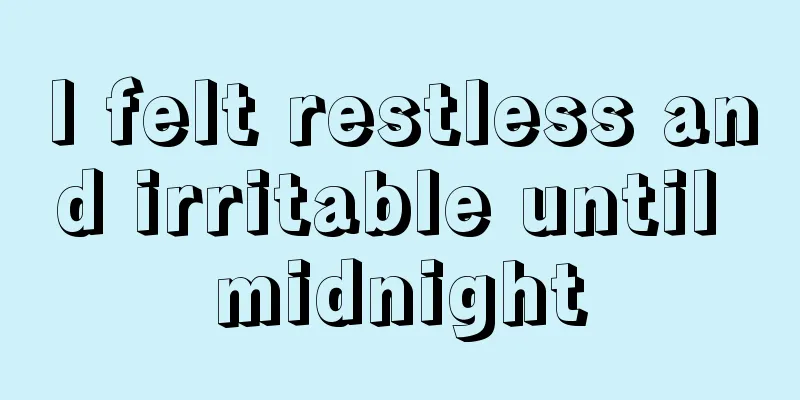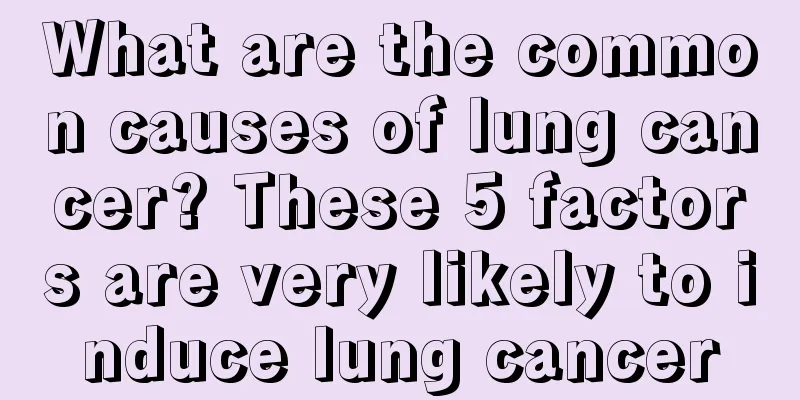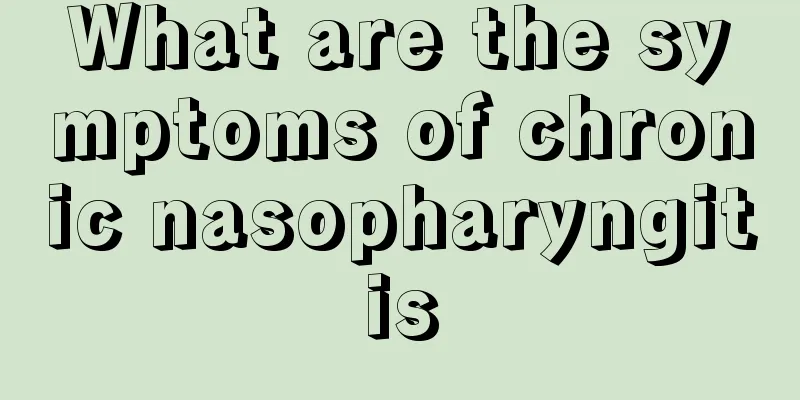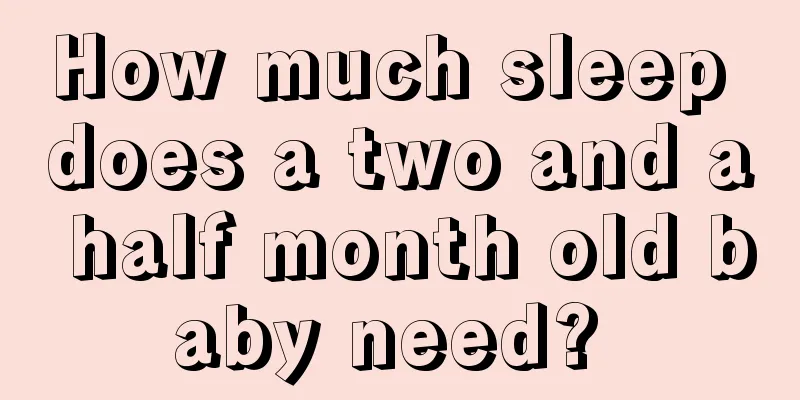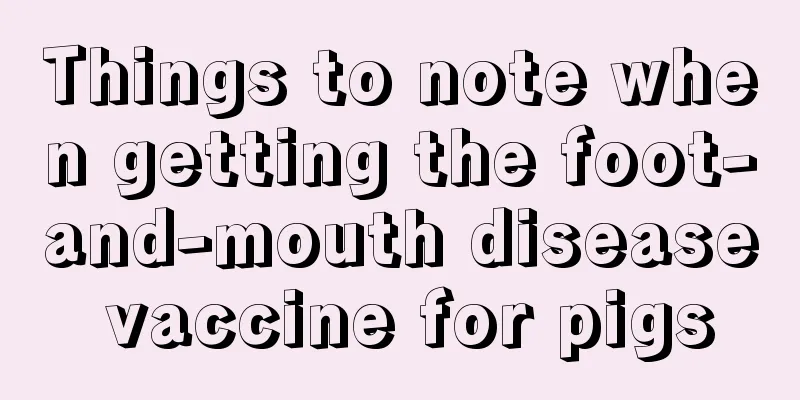Why does your stomach growl when you are hungry

|
It is said that the stomach cannot be told. When a person is hungry, his stomach will make sounds. I believe many people have felt hungry in their lives. And the stomach usually makes a growling sound when it is hungry. So do you know why your stomach will "protest"? Why does the stomach growl when it is hungry? Does it mean that if the stomach stops growling, we don’t need to eat? Let’s learn some common sense about stomach growling. I hope it will be helpful to everyone. The villagers eat their fill for three meals a day, but there are still times when they feel hungry. Just like a baby will cry and make a fuss when it is hungry, adults will also cry and make a fuss when they are hungry, but it is just your stomach that is making a fuss. Foreign scientists have conducted special research and found that the "growling" sound when you are hungry indicates that you need to eat. Because, when food is almost completely digested in the stomach, gastric juice continues to be secreted. As the stomach is empty, the contraction of the stomach gradually increases. The impulse of the violent contraction of the empty stomach is transmitted to the brain through the nerves, causing the feeling of hunger. We call this violent stomach contraction movement hunger contraction. When the stomach contracts due to hunger, the liquid in the stomach and the swallowed gas will be squeezed, kneaded, and run around, becoming restless, resulting in a "gurgling" sound. Since hunger contractions are cyclical, the strong contractions of the stomach when hungry usually only last about half an hour, and then enter a calm period. As the stomach contracts, of course, the "gurgling sound" also stops, and often at this time, the feeling of hunger also disappears. This is another reason why you can’t eat when you’re too hungry. However, if the "gurgling sound" stops and you are too hungry, it does not mean that you do not need to eat, it just means that the feeling of hunger disappears. If at this time, some delicious food comes into view, it stimulates the secretion of saliva in your mouth and the stomach starts to secrete gastric acid and other digestive substances. Then you will feel hungry again. Of course, your stomach will cooperate and start to "groan". Why does your stomach growl when you are hungry? 1When food is almost completely digested in the stomach, gastric juice continues to be secreted. As the stomach is empty, the contraction of the stomach gradually increases. The impulse of the empty stomach to contract violently is transmitted to the brain through nerves, causing the feeling of hunger. We call this violent stomach contraction movement hunger contraction. 2 When the stomach contracts due to hunger, the liquid in the stomach and the swallowed gas cannot rest in the stomach and are squeezed to the east and then to the west, resulting in a "gurgling" sound. 3. Hunger contractions are cyclical. When you are hungry, the strong contraction of the stomach only lasts for about half an hour, and then it enters a calm period. 4 Continue this for another half an hour to an hour. As the stomach stops contracting, the feeling of hunger will disappear. So, when you are too hungry, you can’t eat anything. |
<<: Psychological distress and adjustment in the workplace
>>: Increased glutamyl transferase
Recommend
What is the correct way to brush your teeth?
Normally, if we eat onions and garlic, we will th...
What should I do if my legs are burned and blistered?
How to effectively solve the problem of leg burns...
What is the reason for sour mouth
If there are some problems with our body organs, ...
Low anal fistula
Anal fistula is a very common anorectal disease. ...
What fish is the best for the brain?
We all know that fish contains a wide variety of ...
Three typical symptoms of kidney cancer patients
Kidney cancer is also known as renal cell carcino...
What are the reasons for red urine?
The state of the body can be reflected from peopl...
Methods for treating allergic rhinitis
Generally, diseases are most likely to breed in l...
What is CyberKnife treatment for lung cancer? A treatment method
CyberKnife treatment for lung cancer is a method ...
Milk powder containing lactoferrin
After birth, the baby's body needs sufficient...
How to clean your nostrils?
There are various problems in the human nostrils,...
What is the reason for more and more white hair? Age-related inheritance is the most common reason
Many people will find that they have more and mor...
Brief analysis of dietary considerations for nasopharyngeal carcinoma patients after chemotherapy
Chemotherapy is a common method for treating naso...
What are the methods to prevent and control myopia in teenagers?
Myopia among teenagers is a very serious social p...
What are the early symptoms of lung cancer in women
Lung cancer in women may not have any symptoms in...


